Cosmetic Dentistry Trends 2025 | Mesa Street Dental, El Paso
5 Signs You May Need Dental Implants

All About Teeth Cleaning El Paso Texas

All-On-4 Dental Implant Procedure
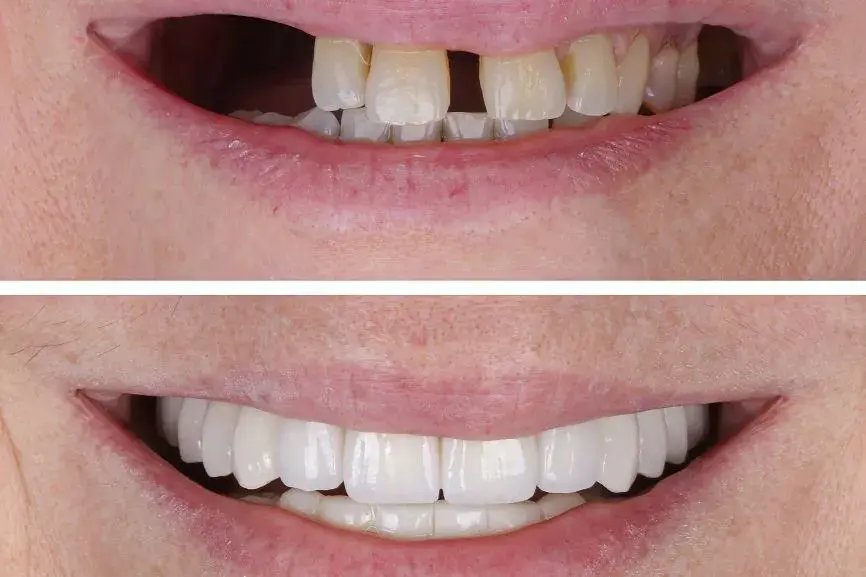
Average Cost of All-On-4 Dental Implants
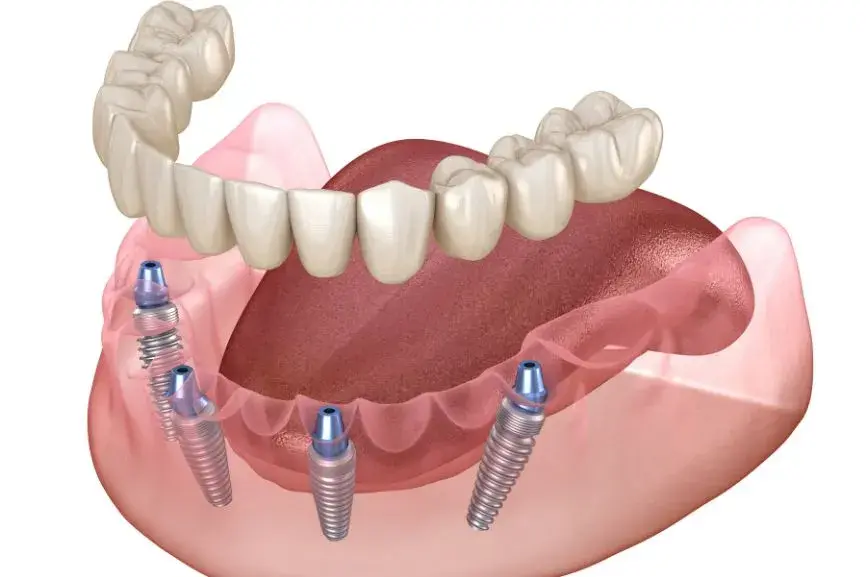
Can a Cavity Be Reversed? Here’s the Scoop!
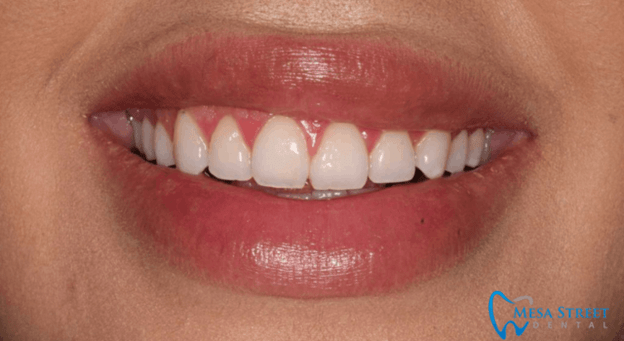
Can a Loose Tooth Tighten Up
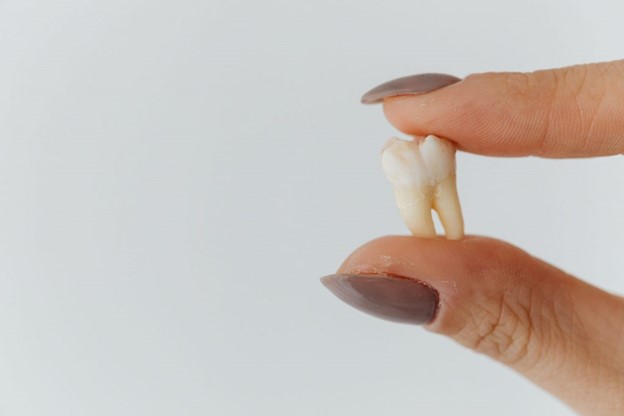
Cavity vs. Stain: How to Tell the Difference

Dental Emergency? Here’s What to Do

Dental Implants vs. Crowns: Which is Right for You?
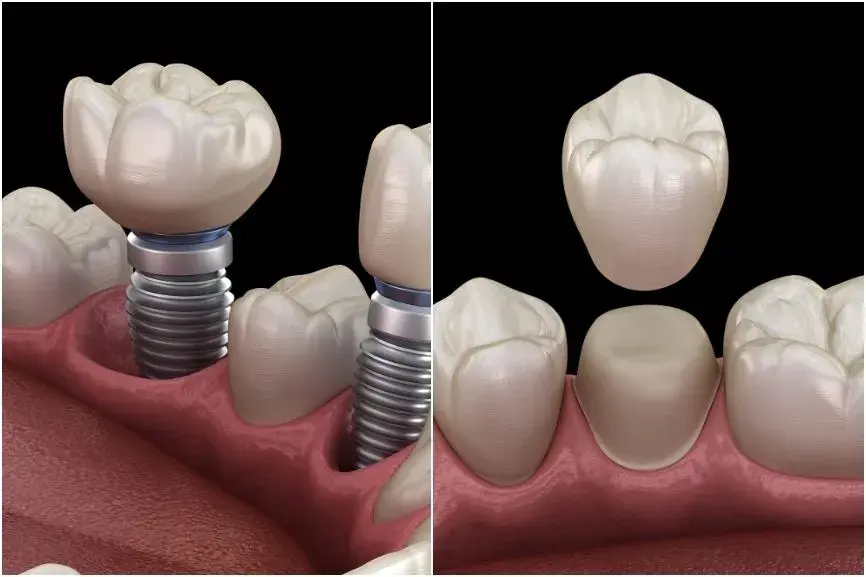
Do You Want to Change Your Smile?

Easy Guide: Composite vs Porcelain Veneers

Eating Right to Prevent Tooth Decay

Front Tooth Dental Crowns: Everything You Need to Know
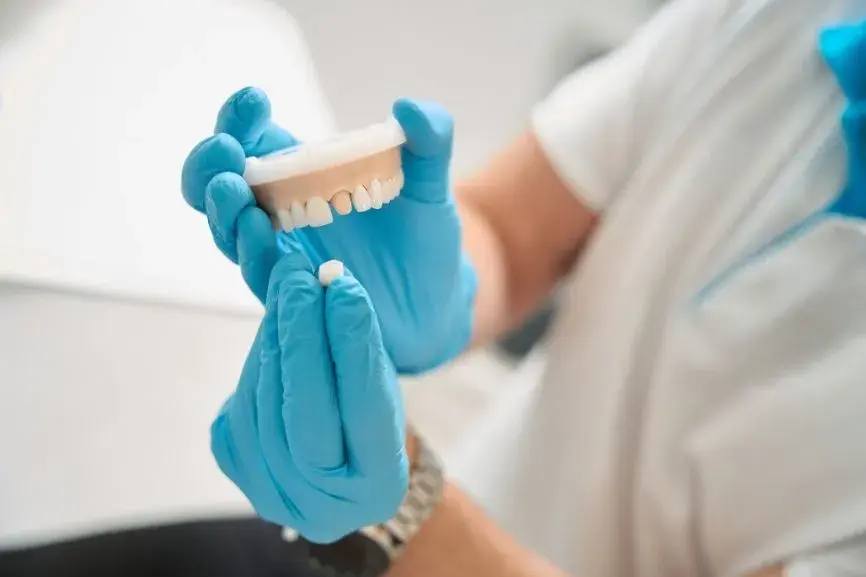
Here’s What You Need to Know About Sports Drinks and Your Oral Health

How Can I Get Rid of Bad Breath?

How Do Dental Implants Work?
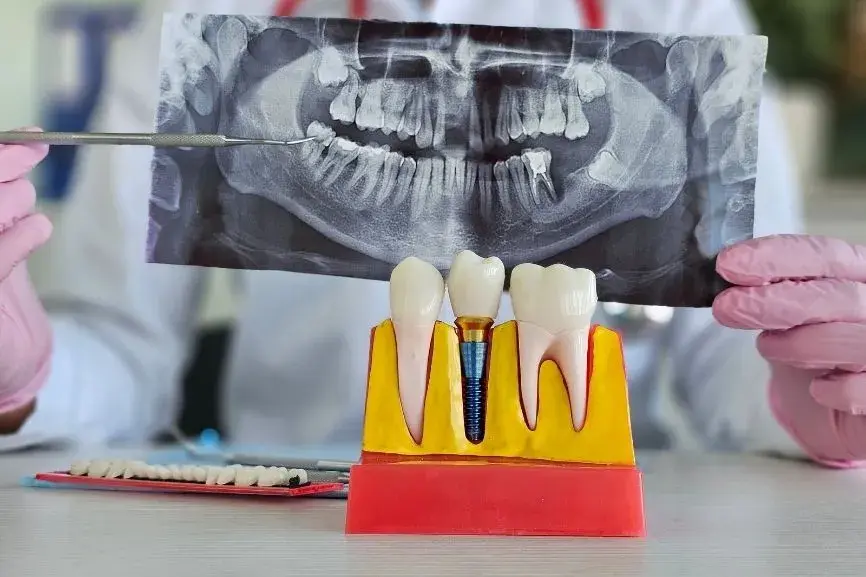
How Long Do Dental Implants Last?
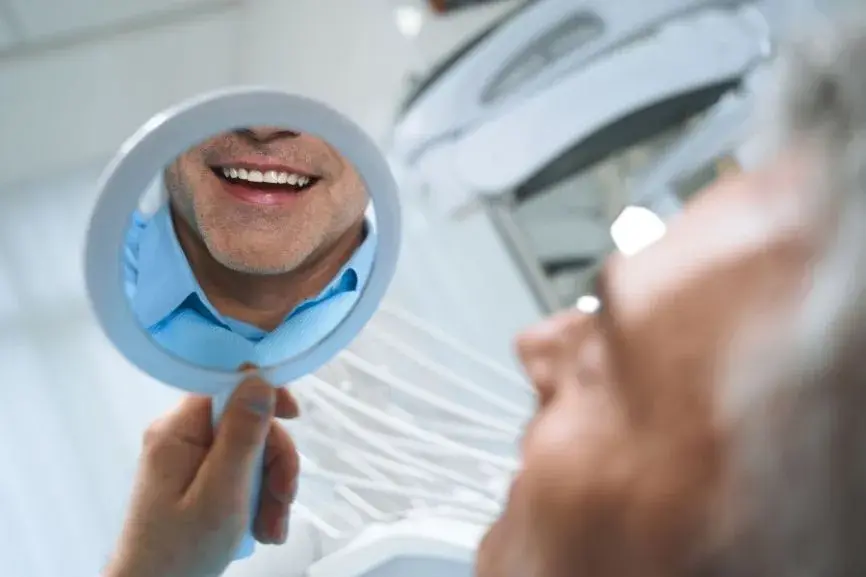
How Long Do Dental Implants Take?
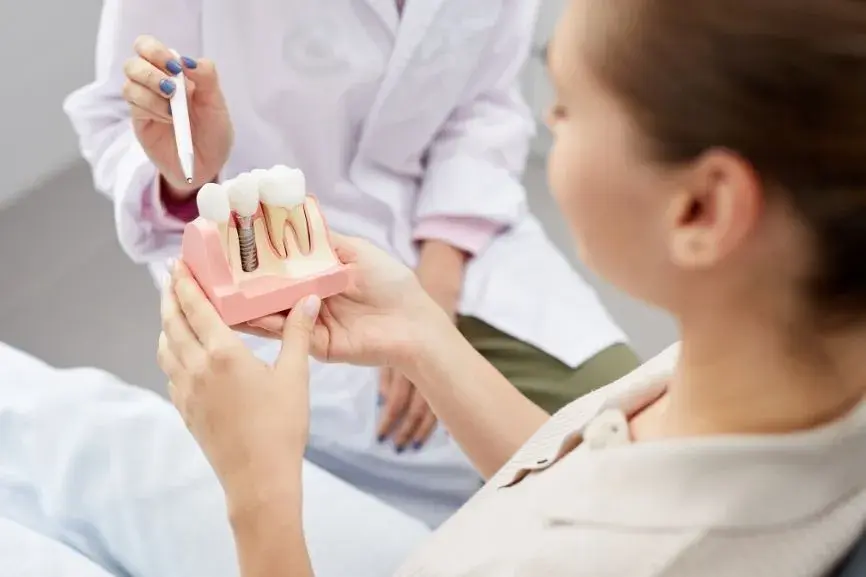
How to Brush Your Kids’ Teeth: The Right Technique for Healthy Smiles

How to Fix a Cavity: Everything You Need to Know

How to Fix a Chipped Tooth

How to Fix Broken Teeth

How to Know If You Have Cavities

How to Prevent Cavities: 10 Tips from Dentists

How to Prevent Dry Socket?
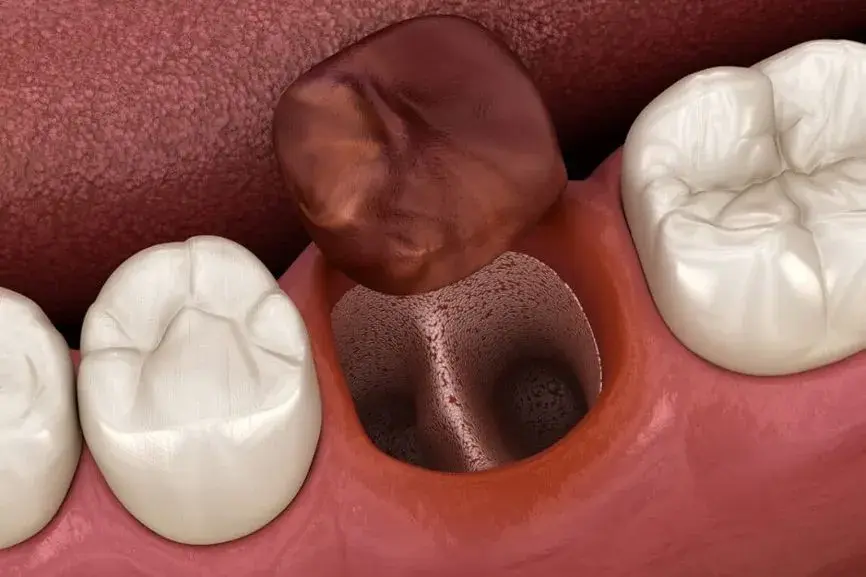
How to Stop Teeth From Hurting

Misconceptions and Myths About Root Canals
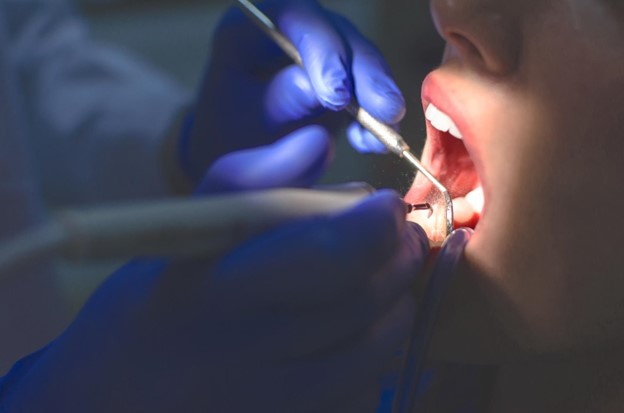
New Year’s Resolutions for Your Teeth

Night Guards Verses Athletic Guards – A Helpful Guide
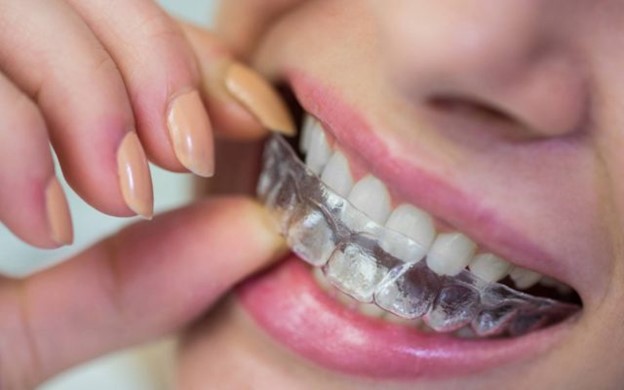
Oral Health for Kids From Baby’s First Tooth and Older

Regular Dental Cleaning vs. Deep Dental Cleaning

Same Day Dental Crowns: The Benefits of Speedy Restoration
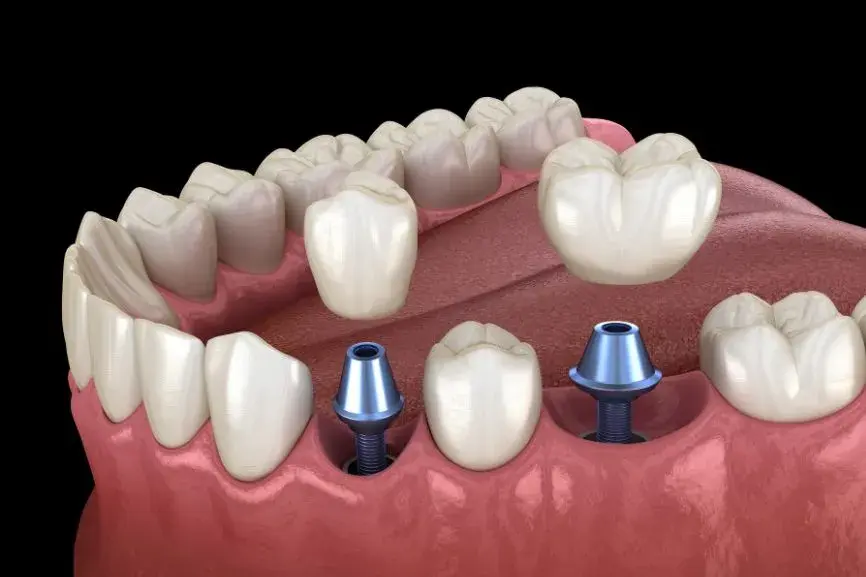
The Best Treatments for Replacing Missing Teeth

The Gift that Keeps on Giving: Winter White Teeth with In-Office Whitening

Understanding Gum Recession: A Helpful Guide at Mesa Street Dental

What Are All On 4 Dental Implants
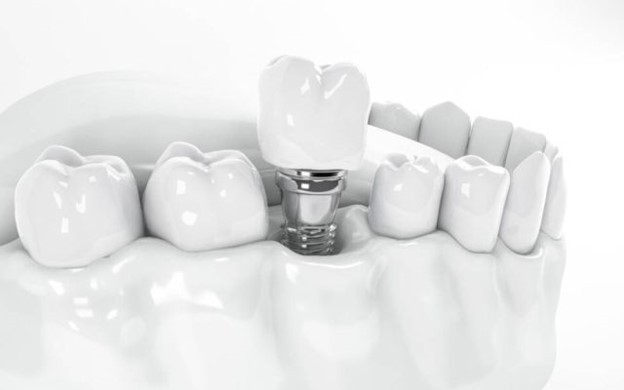
What Are Dental Implants?

What Foods Are Good for My Teeth?

What Do Dental Implants Look Like?
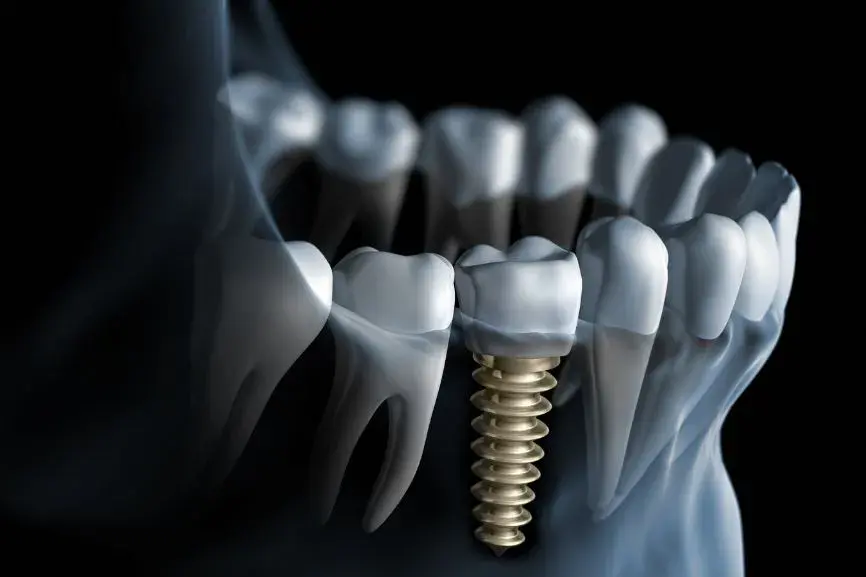
What Does a Cavity Feel Like?

What Does Fluoride Do To Your Teeth
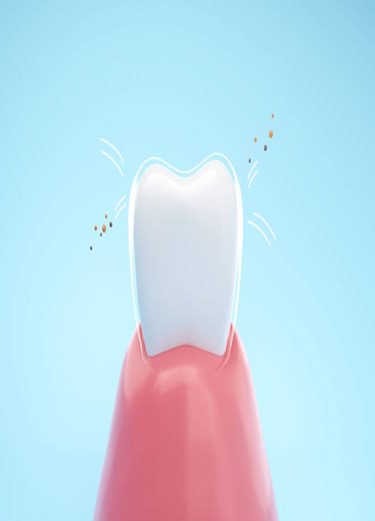
What Toothpaste Should I Use?

What Happens When You Skip a Dental Cleaning?
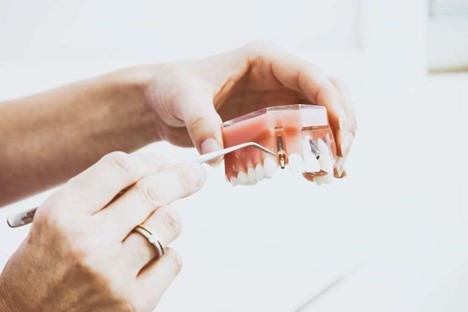
When Do I Need a Dental Surgeon?
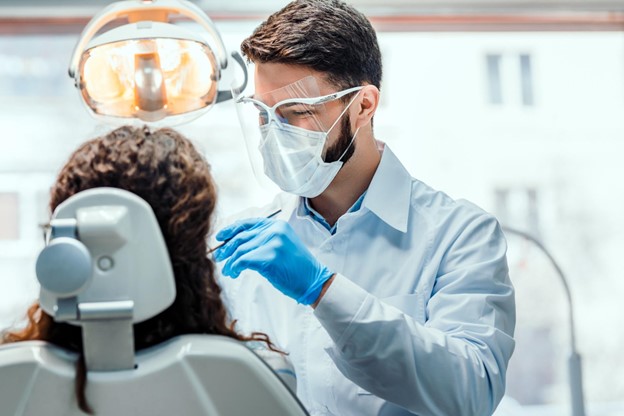
Why are my Teeth Yellow

Your Guide to Dental Emergencies

Jaw Pain – Is It a Sinus Infection or TMJ Disorder?

Sudden Tooth Pain in All Teeth: Causes, Solutions, and When to Seek Help

What Causes a Dry Mouth at Night?

Load More
